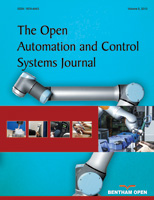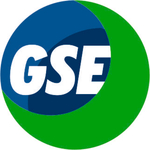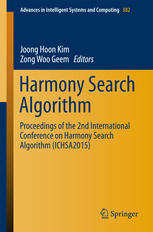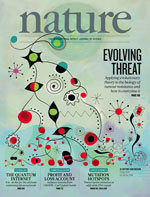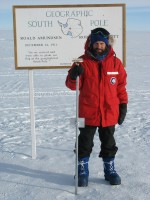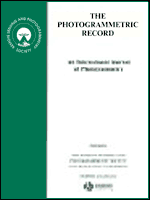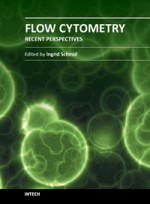 A publisher has retracted a chapter from a book on flow cytometry after determining the authors plagiarized some material — but noted that because the authors cited the article they lifted from, they likely acted “in good faith.”
A publisher has retracted a chapter from a book on flow cytometry after determining the authors plagiarized some material — but noted that because the authors cited the article they lifted from, they likely acted “in good faith.”
We were tipped off to this retraction from the authors of the review article the chapter plagiarized from, who told us they were upset by the incident and doubted whether the authors had performed the experiments they described in the chapter.
More broadly, the retraction raises an important question: How can publishers retract one chapter of a book, leaving the rest intact?
First, let’s take a look at the retraction notice: Continue reading Book publisher: Authors plagiarized “in good faith” because they cited previous work
